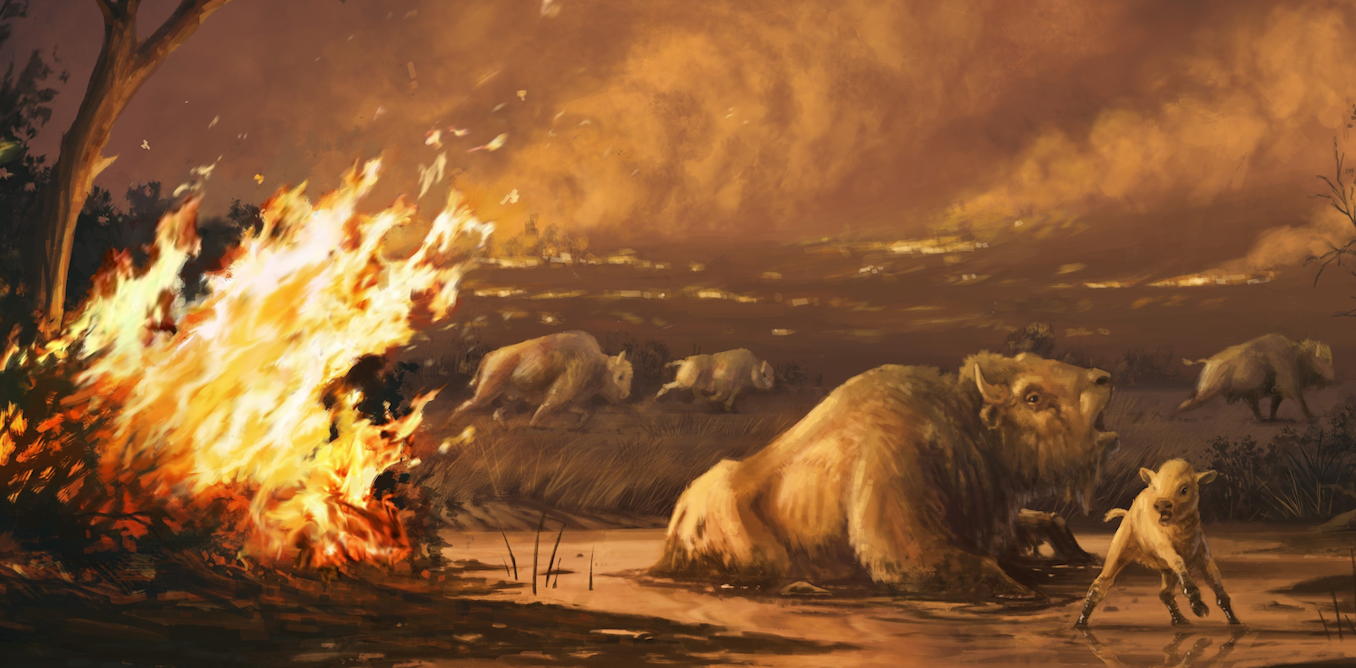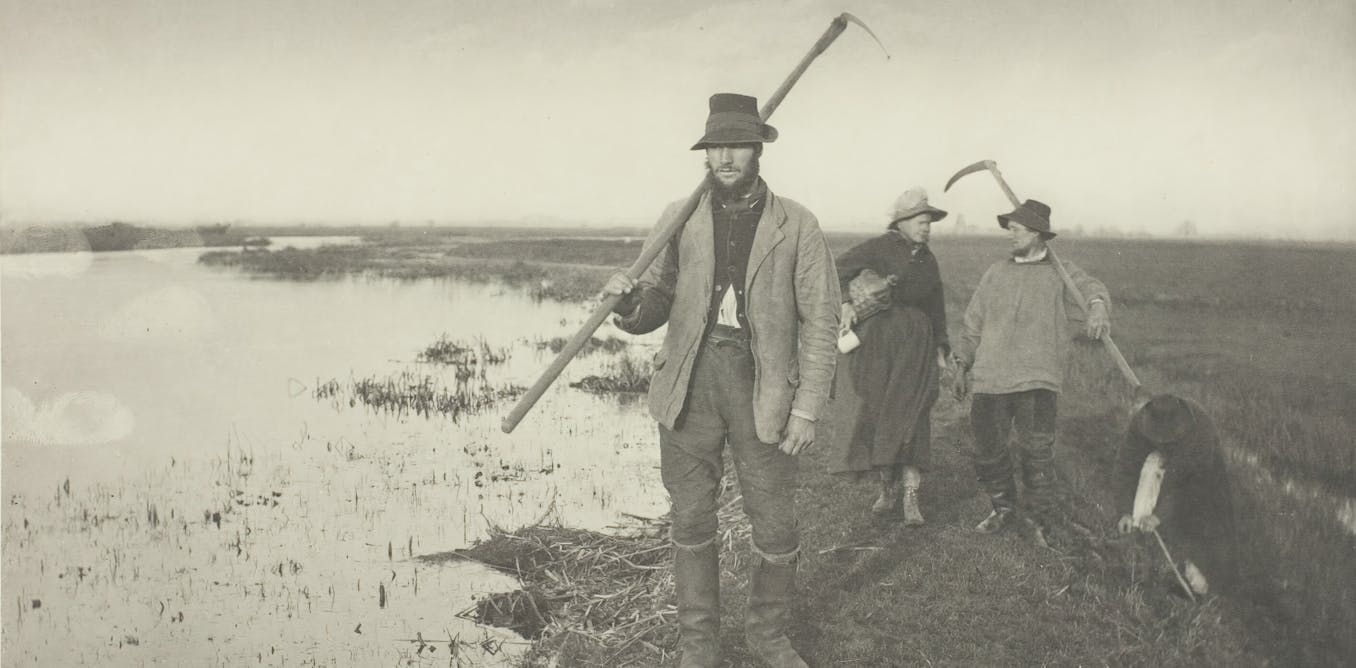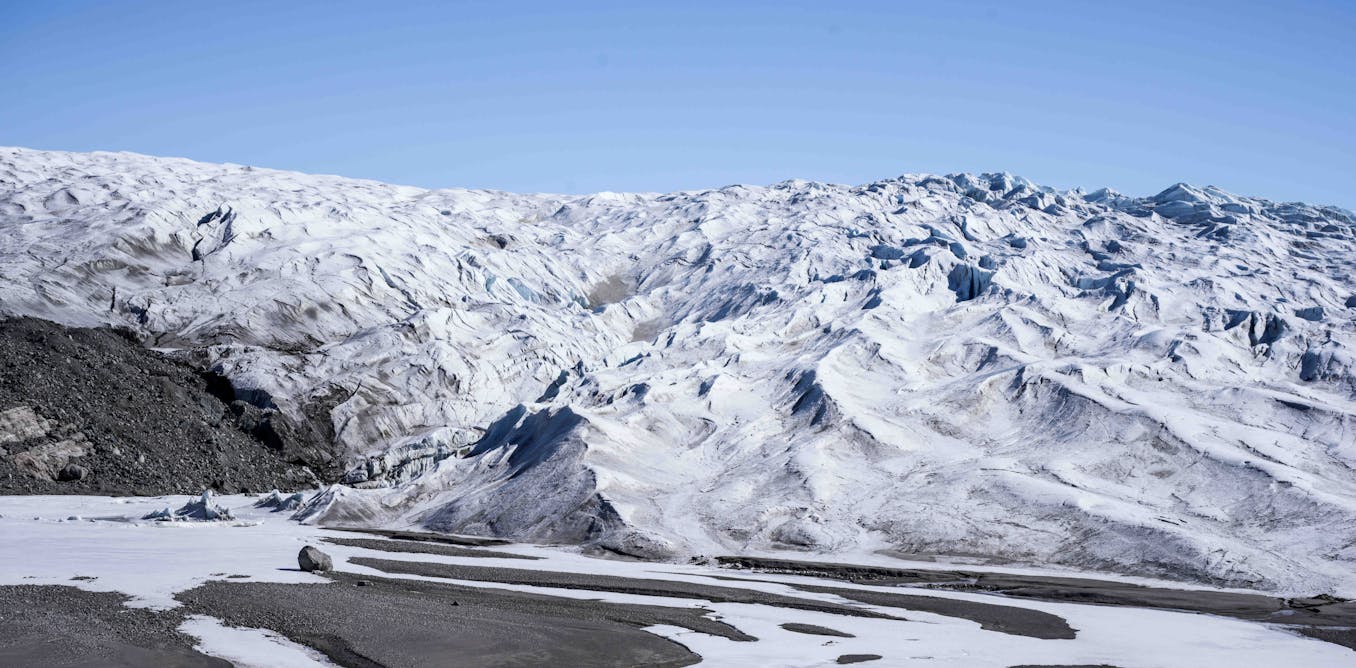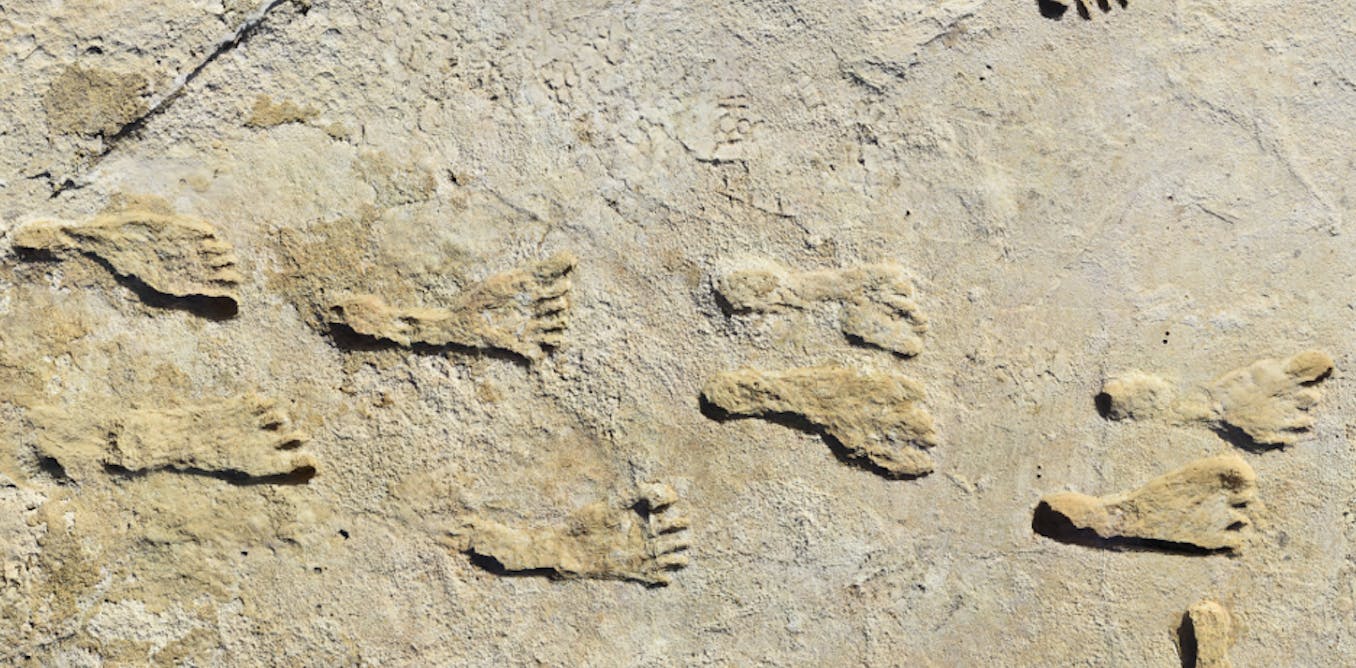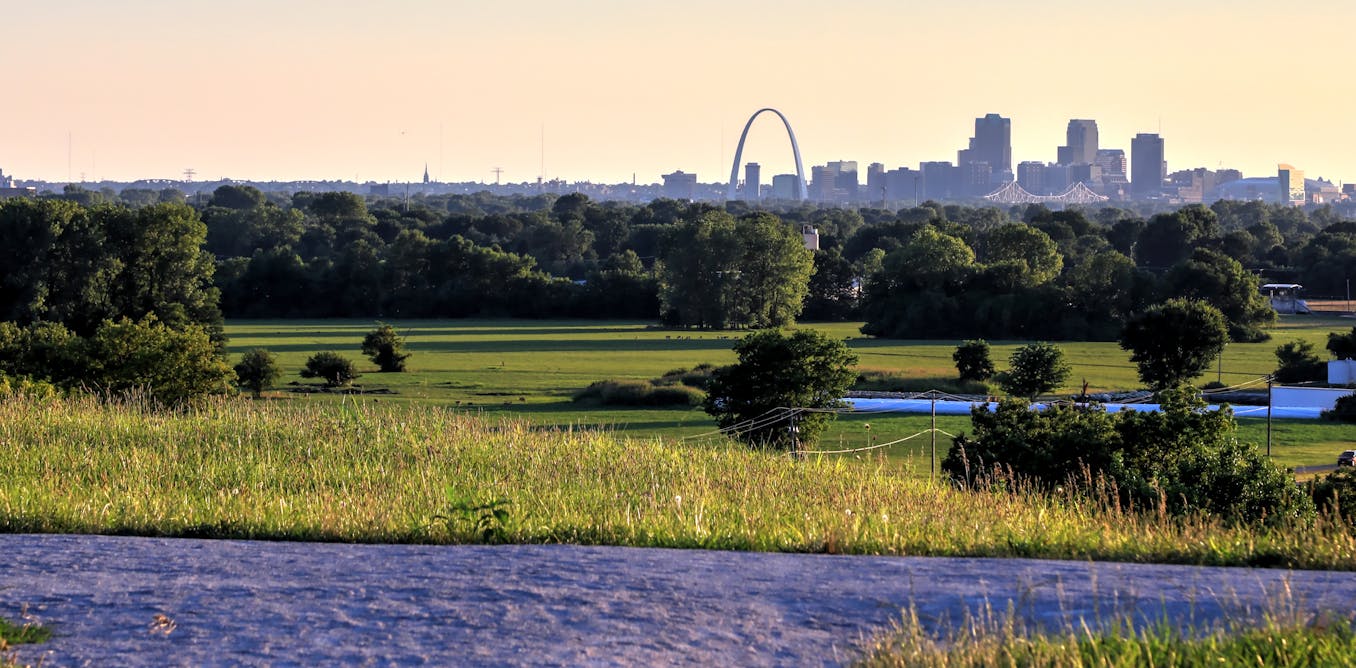A changing climate, growing human populations and widespread fires contributed to the last major extinction event − can we prevent another?
New findings from the La Brea Tar Pits in southern California suggest human-caused wildfires in the region, along with a warming climate, led to the loss of most of the area’s large mammals.
Aug. 17, 2023 • ~8 min

